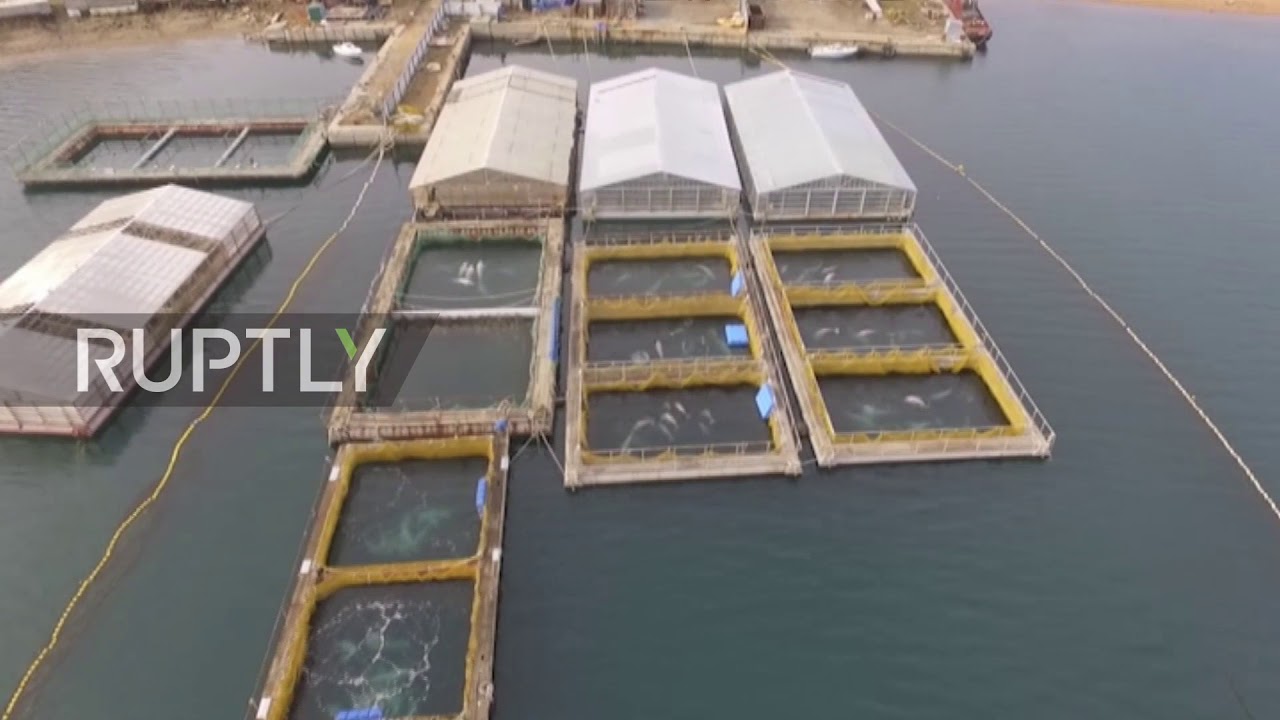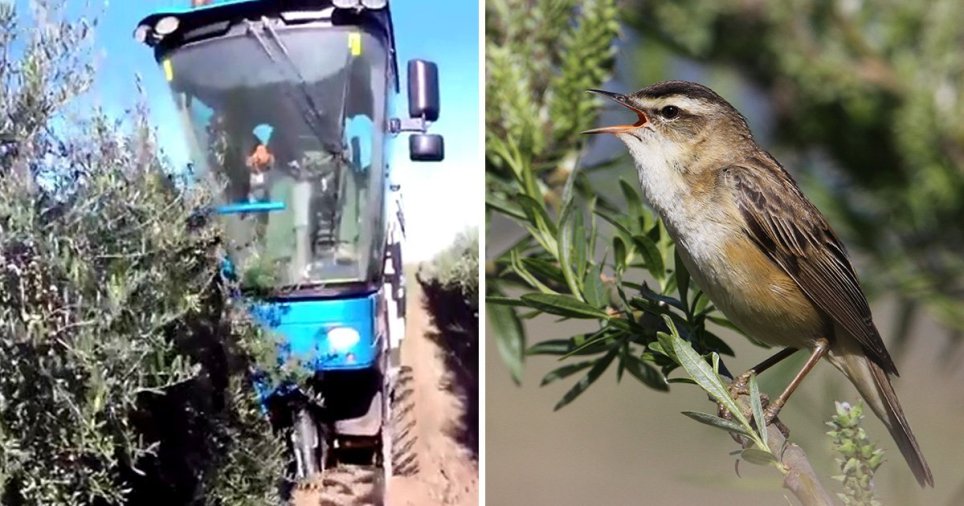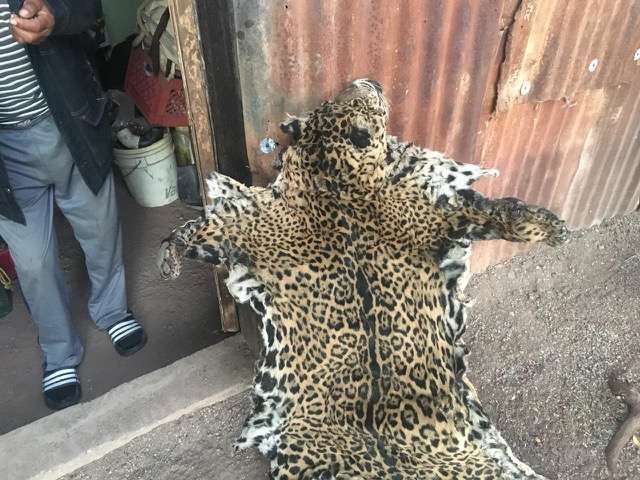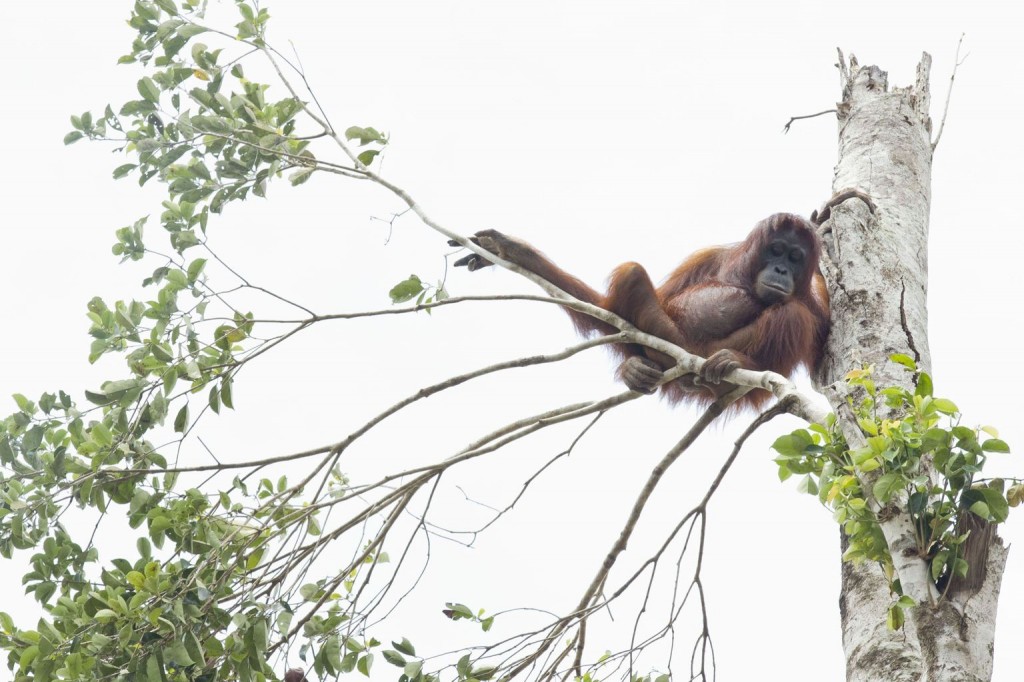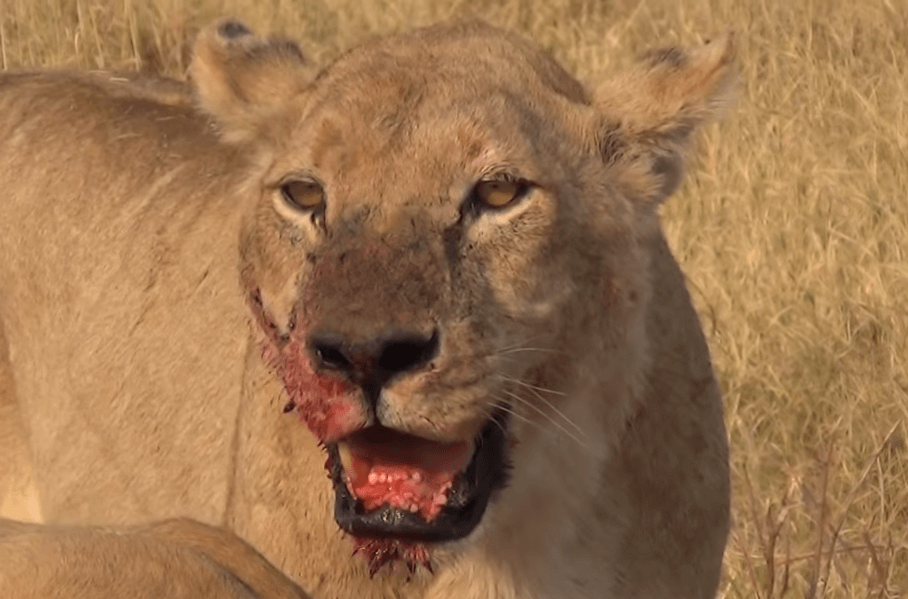More than 100 cetaceans have been found cooped up inside a series of tiny enclosures off Russia’s Pacific coast near the southeastern city of Nakhodka.
In total, 11 orcas and 90 beluga whales are being housed in what activists are now calling a “whale jail”, potentially illegally. That is the largest number of marine animals to be held in such a way, reports Whale and Dolphin Conservation (WDC), a UK-based wildlife charity.
‘Whale prison’ discovered by drone in Far East Russia pic.twitter.com/gkZBVmYwVp
— RT (@RT_com) November 8, 2018
Caught and sold to China
It is thought that the cetaceans have been caught and kept to be sold off to ocean theme parks in China at a hefty price, with businesses doling out up to $6 million (or more) for their very own Free Willy. The country has more than 60 marine parks and at least 12 more are under construction, The Telegraph reports.
Read: BREAKING: Japan’s Death Ships Left For Whaling To The Arctic
While the operation of buying and selling cetaceans for entertainment is strictly illegal – they can only be captured for scientific and educational reasons – the international law banning the activity is routinely flouted. Just take the four companies responsible for these 101 jailed cetaceans, which between them exported 13 orcas to China between 2013 and 2016, an investigation led by local media and the investigative newspaper Novaya Gazeta found. Other companies reportedly utilize a loophole in the law that doesn’t explicitly forbid “renting” whales.
Last week, a video emerged of a crane lifting a whale and placing it in a tank on shore, presumably ready to be moved to a new destination. Сергей Андреевич Ланин/YouTube
Prosecutors are currently looking into the case to find out whether or not these cetaceans have been caught for scientific or educational purposes, as the companies say they have. (This is despite the fact that the footage clearly shows many more cetaceans than the 13 they reportedly received permission to capture earlier this year.) Lawyers will also examine the conditions they are being kept in, which Greenpeace Russia has described as “torture”.
Read: Over 140 Whales die in mass whale stranding in New Zealand
The size of enclosures and the number of orcas and belugas spotted also suggests that the tanks may contain infants, activists say – a practice that is completely off limits, even for scientific and educational purposes. Experts worry that the scale of this activity is not just damaging for the cetaceans held in the enclosures but for the species’ future.
“Catching them at this tempo, we risk losing our entire orca population,” Greenpeace Russia research coordinator Oganes Targulyan told The Telegraph.
“The capture quota now is 13 animals a year, but no one is taking into account that at least one orca is killed for every one that is caught.”
Source: The Telegraph]
